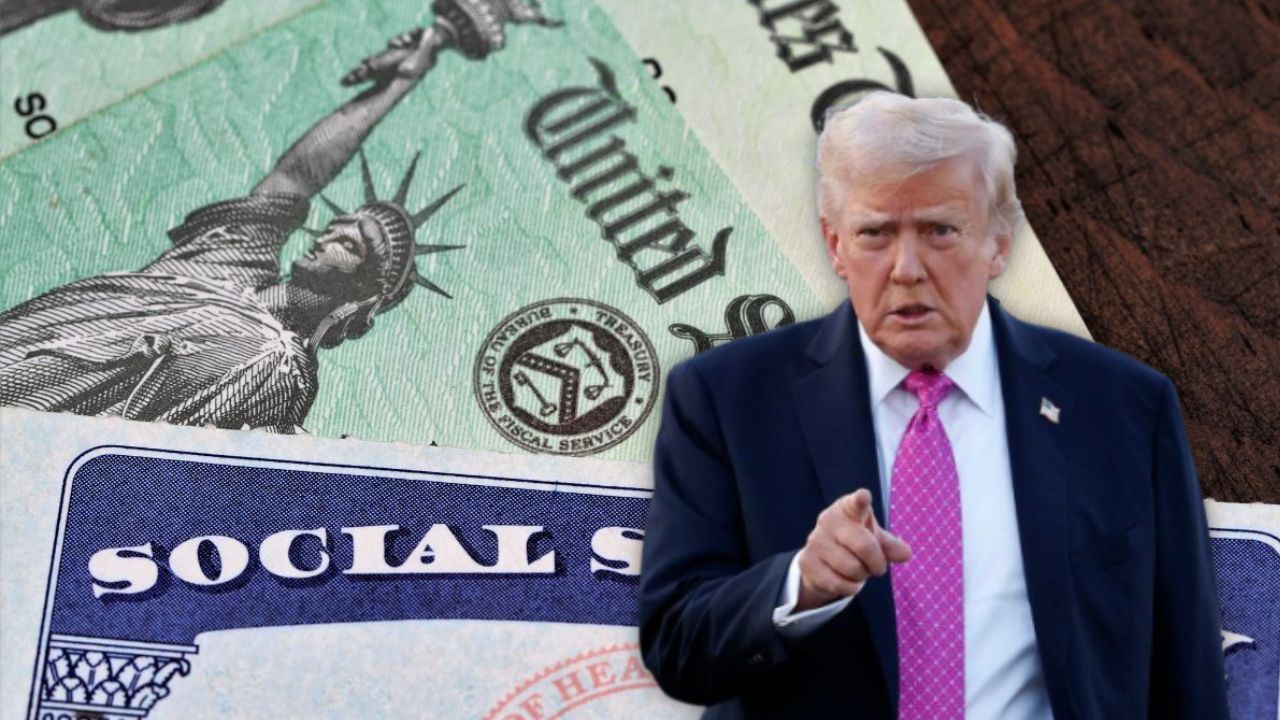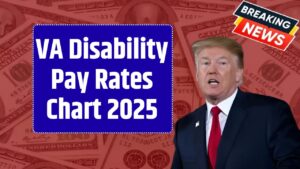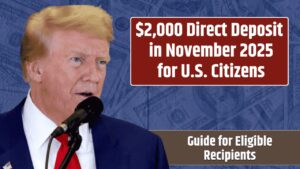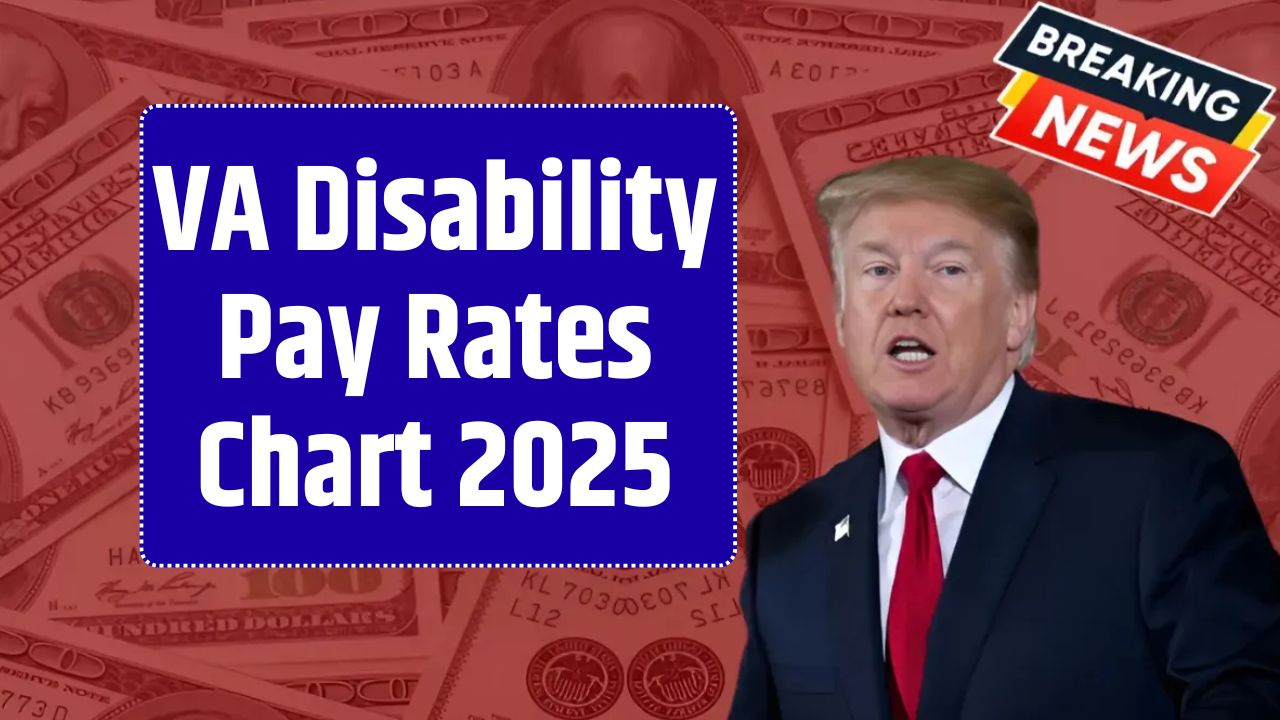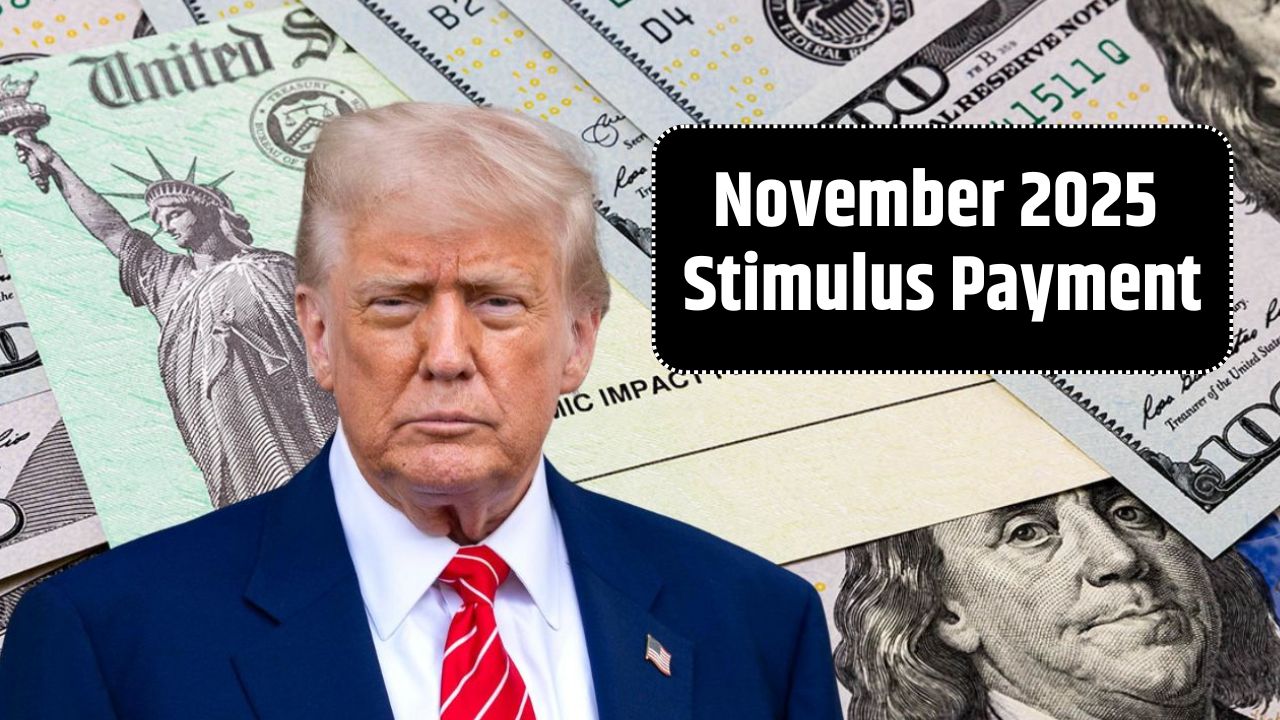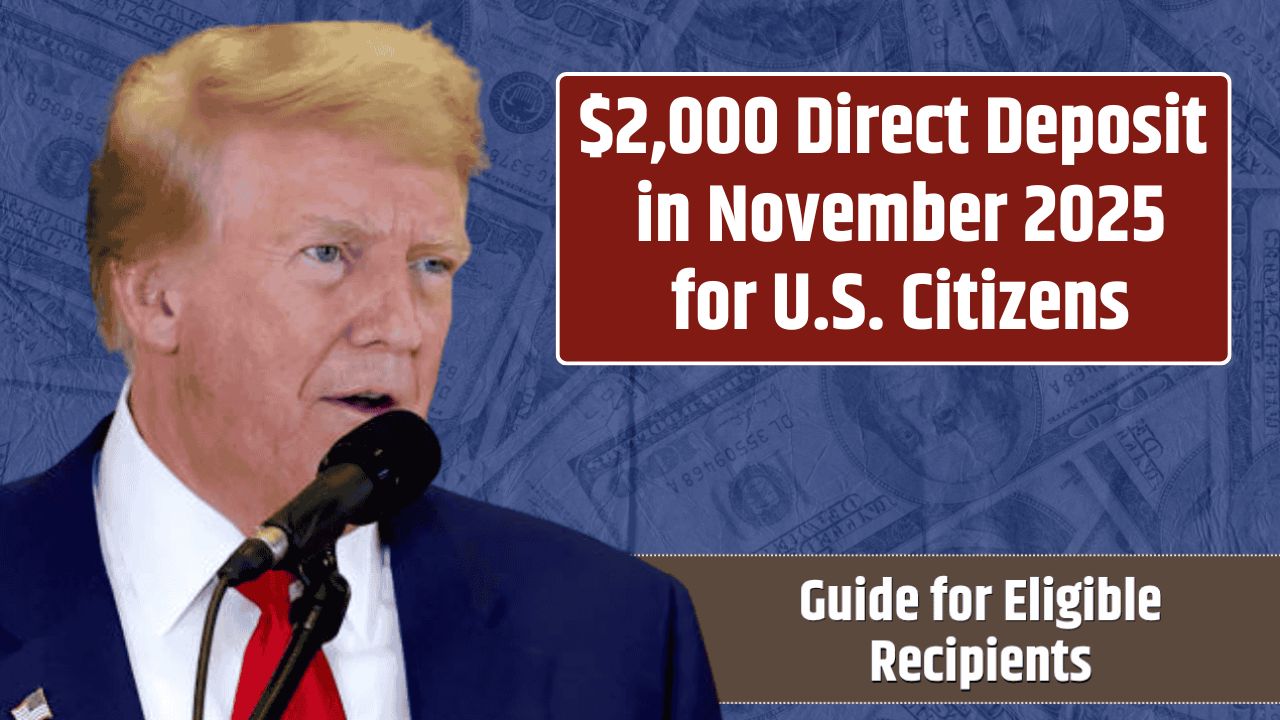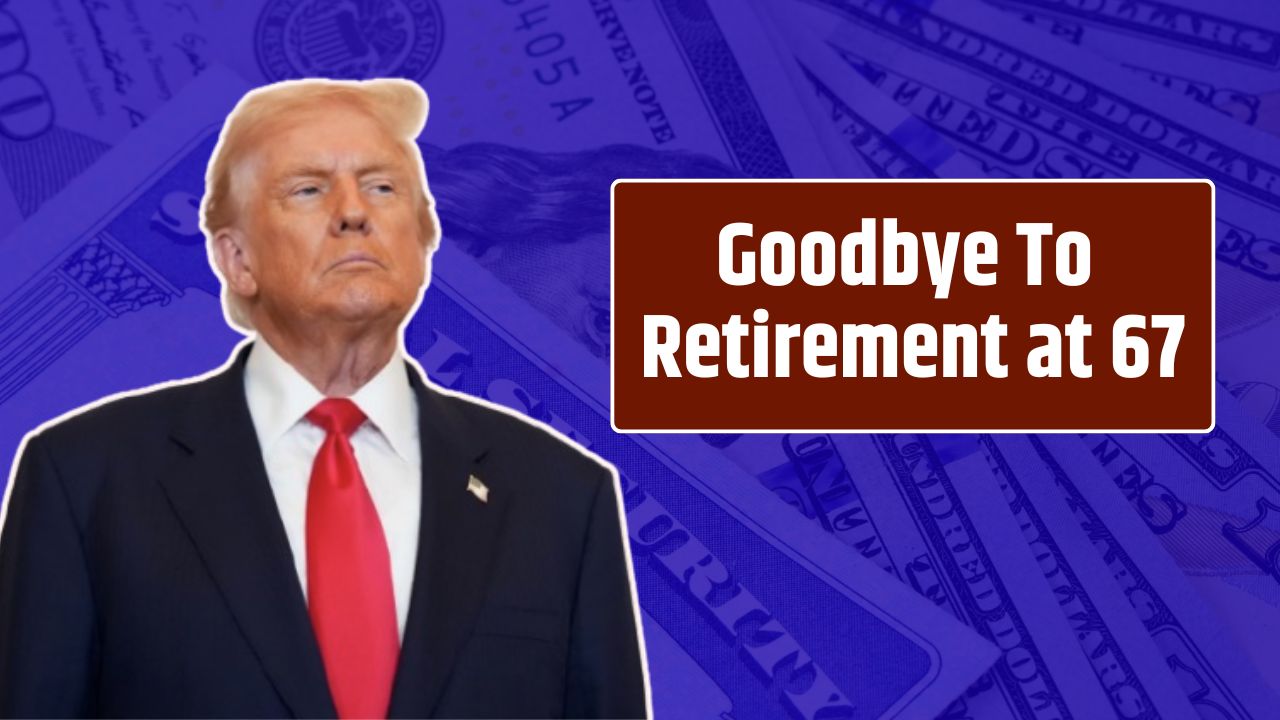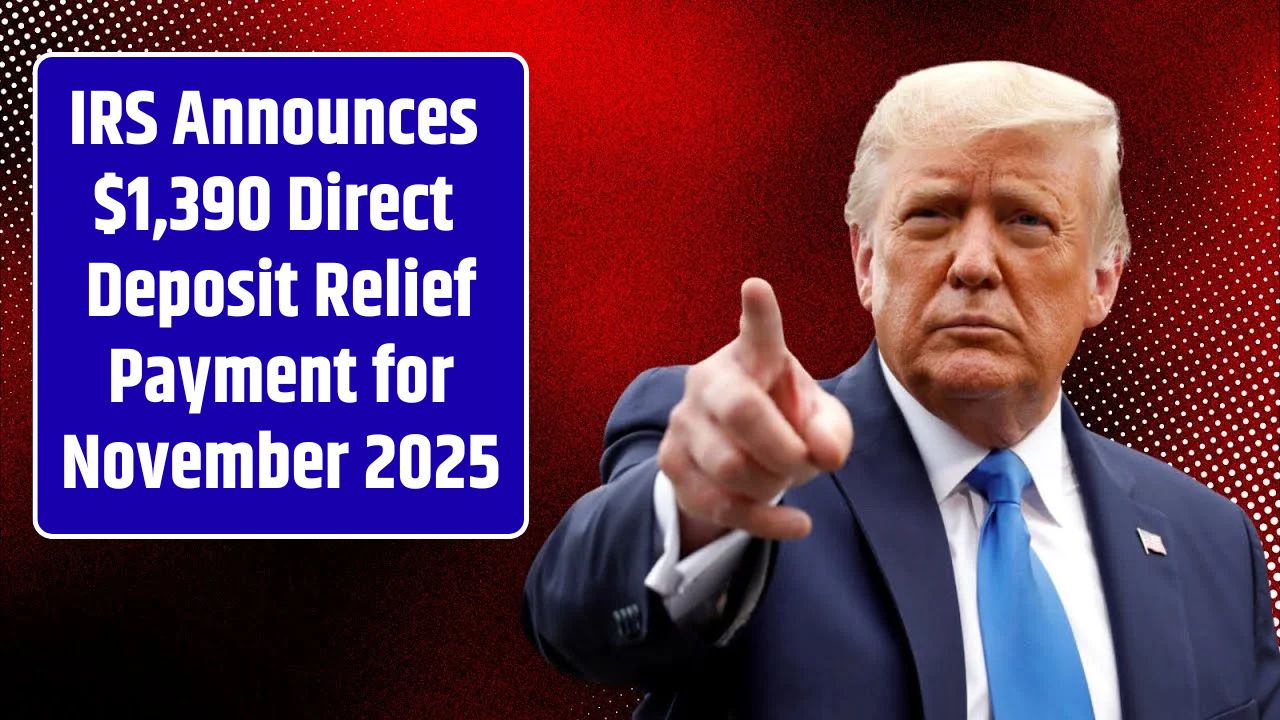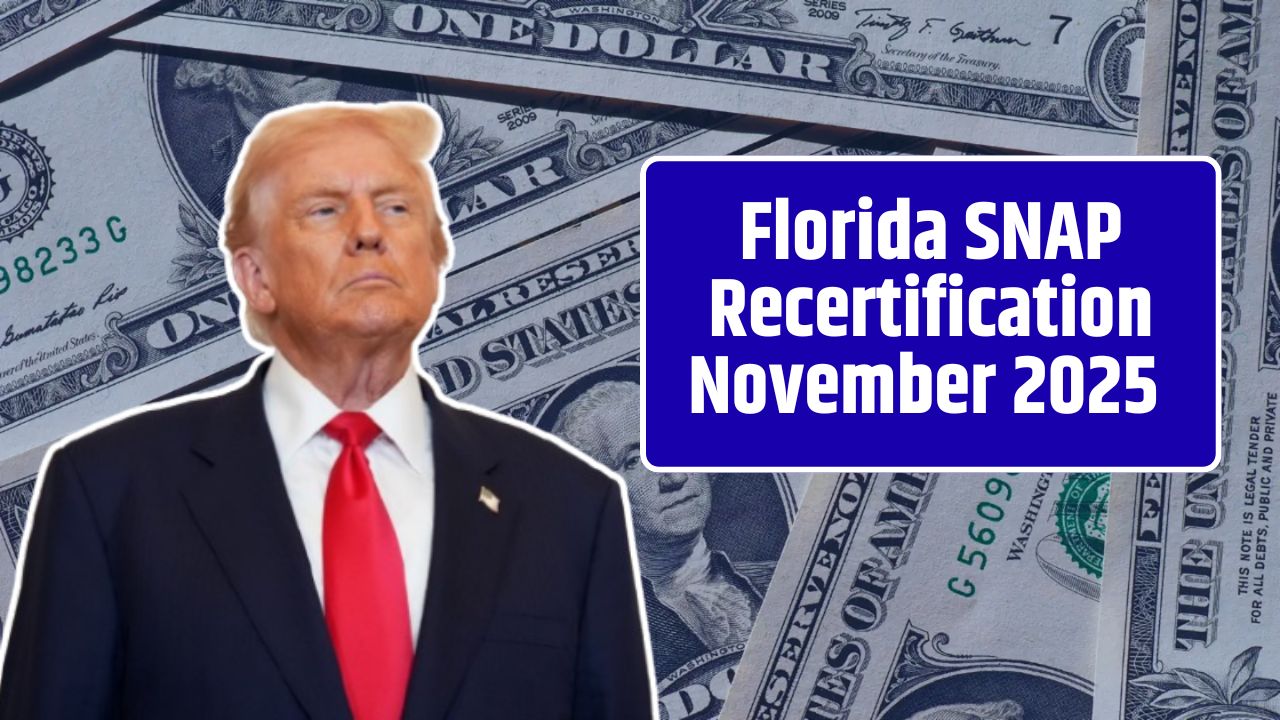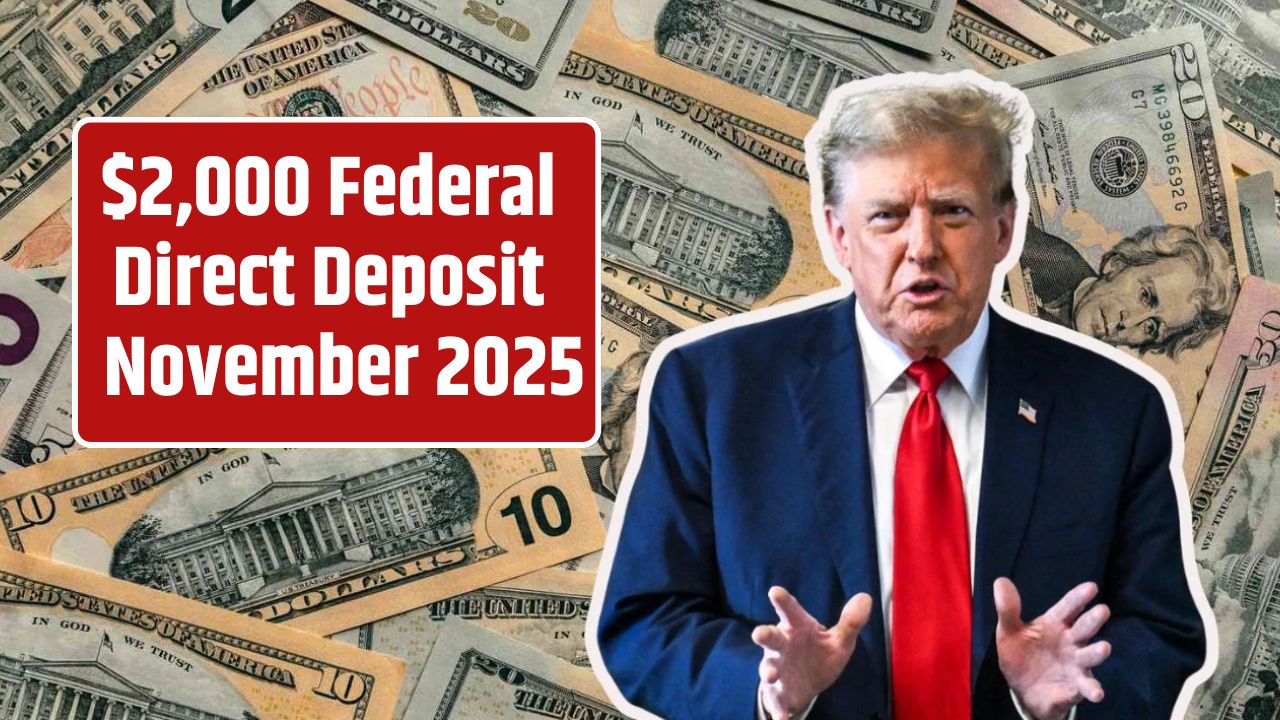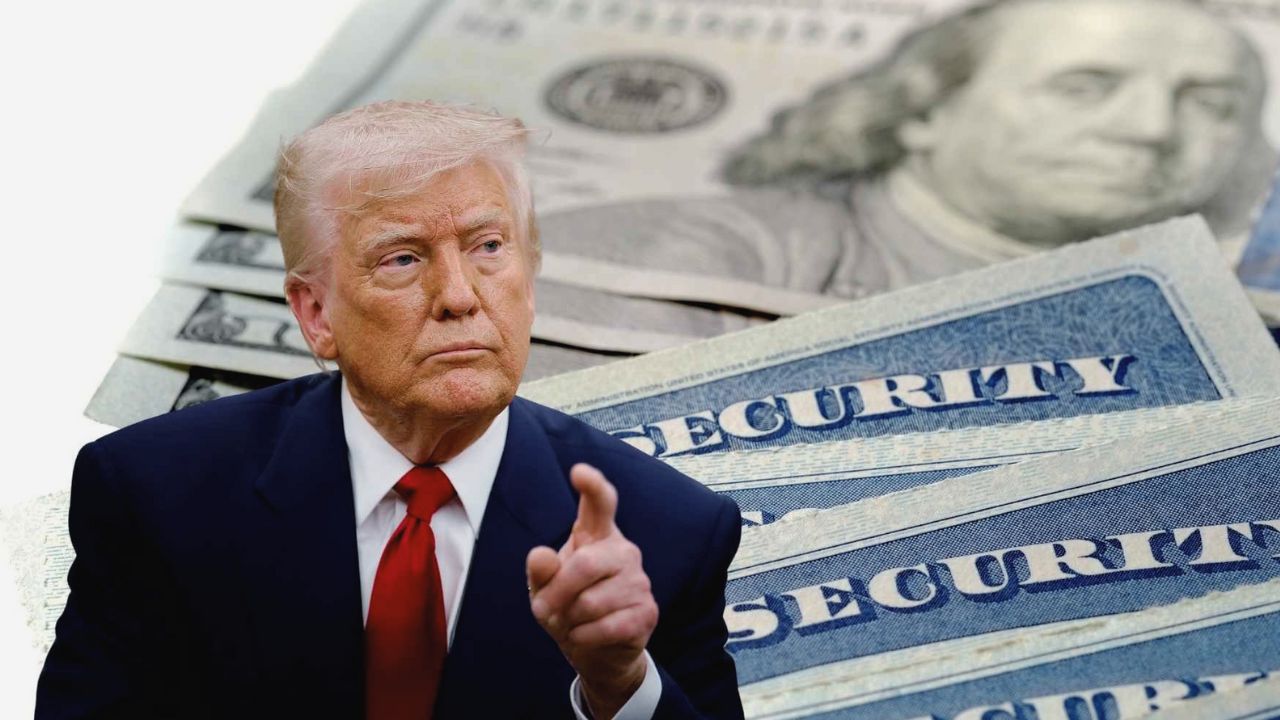For decades, paper checks have been a lifeline — those little rectangles carrying a month’s worth of security for retirees, veterans, and federal aid recipients. But soon, the U.S. government plans to quietly retire them. Starting later next year, Social Security and other federal benefits will be shifting almost entirely to electronic payments.
What makes this different from past digital pushes, though, is tone. Washington is no longer drawing a hard line in the sand. After pushback from seniors and advocacy groups, officials have decided to ease the transition, making exceptions for those who can’t — or simply don’t want to — go digital just yet.
Why the Government Wants to Go Digital
This shift isn’t just about modernization for modernization’s sake. According to the U.S. Department of the Treasury, moving benefits to direct deposit or the Direct Express® debit card is a practical step toward cutting costs and reducing fraud.
Electronic payments:
- Arrive faster (usually same-day or within hours)
- Are more secure (no lost or stolen checks)
- Save the government millions in postage and paper costs
Paper checks, meanwhile, are 16 times more likely to be lost or tampered with. Treasury officials estimate that almost 99.4% of all Social Security and federal benefit recipients already receive their money electronically — meaning the remaining group is small but significant, often older or rural Americans without reliable banking access.
The Original 2025 Deadline
In August 2025, the Treasury Department announced what sounded like the end of an era: starting September 30, 2025, paper checks for Social Security and most federal payments would be phased out.
This was part of the “Modernizing Payments to and From America’s Bank Accounts” initiative — a broader modernization law aimed at making all federal payments digital by the end of the decade.
At the time, the plan looked simple:
| Payment Option | Description | Who It’s For |
|---|---|---|
| Direct Deposit | Funds sent directly to a checking or savings account | Most beneficiaries with bank accounts |
| Direct Express® Debit Card | A prepaid card loaded with monthly benefits | Recipients without bank accounts |
Both options are managed by the Bureau of the Fiscal Service, which oversees nearly $5 trillion in federal payments each year (fiscal.treasury.gov).
A Softer Approach
Then, in late September, the Social Security Administration (SSA) signaled a change in tone. In a blog post, the agency said it would allow exceptions for beneficiaries who can’t reasonably switch to electronic payments.
That includes:
- Older seniors who struggle with technology or online banking
- Rural residents in areas without nearby banks or reliable internet access
- People without bank accounts or smartphones
In short, no one will lose benefits just because they don’t go digital. Officials described the rollout as “gradual and flexible,” with more focus on outreach and education than enforcement.
Why It Matters
For many older Americans, that monthly paper check isn’t just a payment method — it’s a ritual of reliability. Some clip it to their fridge. Others use it to budget in cash. A sudden shift could have caused panic, missed payments, or confusion among vulnerable populations.
By keeping paper checks available for those who need them, the government is sending a clear message: modernization doesn’t have to mean exclusion.
Advocates for seniors say it’s a relief. “This shows real empathy,” said a retired banker in Florida who volunteers with AARP’s financial literacy program. “You can’t assume everyone’s comfortable with apps and cards. Trust takes time.”
What You Should Do If You Still Receive Paper Checks
If you’re among the remaining 0.6% who still receive checks, here are your main options before next year’s transition:
- Switch to Direct Deposit.
- The simplest route if you already have a bank or credit union account.
- You can enroll through your my Social Security account or call the Treasury’s payment center.
- Get a Direct Express® Card.
- Designed for people without traditional banking access.
- Works like a debit card — funds arrive automatically each month and can be used for ATM withdrawals or store purchases.
- Request a Waiver.
- If you can’t switch due to physical, financial, or geographic limitations, you can apply for a paper check exemption through the U.S. Treasury’s Bureau of the Fiscal Service.
You can learn more or begin enrollment at GoDirect.gov, the official government site for electronic federal payments.
Balancing Progress and Accessibility
This new flexibility reflects a broader policy trend: the government wants to modernize payments while avoiding disruptions to those most at risk of being left behind.
Electronic distribution saves taxpayers money and protects against fraud — but forcing seniors into an unfamiliar digital system overnight could have created its own crisis.
The SSA’s compromise approach bridges that gap. It’s modernization with a human touch.
What Happens Next
The September 30, 2025 date remains the official target, but it’s no longer a hard cutoff. Treasury and SSA officials have confirmed that the focus will shift to education, not enforcement.
Expect to see:
- Community workshops hosted at senior centers and libraries
- Partnerships with local banks and credit unions
- Helplines and mobile units assisting with electronic enrollment
- Targeted outreach in rural regions
Over time, paper checks will continue to decline — but they won’t vanish overnight. Officials emphasize that no legitimate recipient will be denied payment due to digital barriers.
As one SSA official put it, “We want every beneficiary to receive their money safely — whether that’s through a smartphone, a debit card, or a check in the mailbox.”
FAQs:
Will paper checks end completely in 2025?
Not entirely. The government plans to phase them out but will allow exceptions for people who can’t switch to digital payments.
How do I sign up for direct deposit?
Visit GoDirect.gov or log in to your my Social Security account to set it up.
What if I don’t have a bank account?
You can use a Direct Express® Card, a government-issued debit card that receives your benefits automatically each month.

